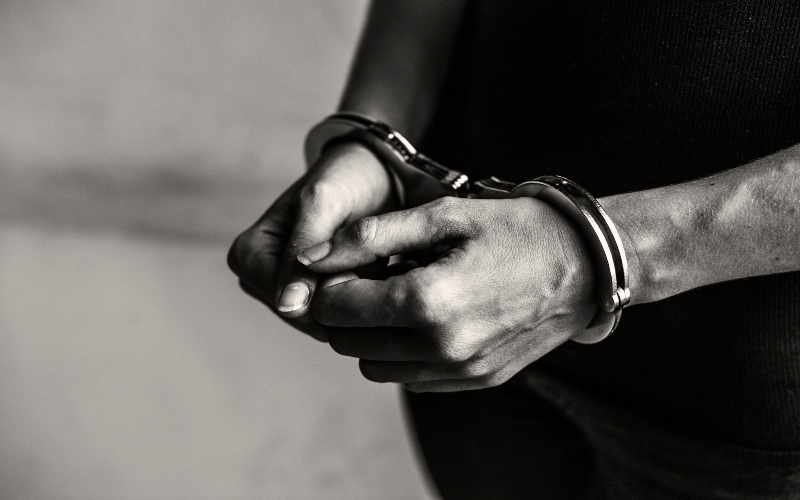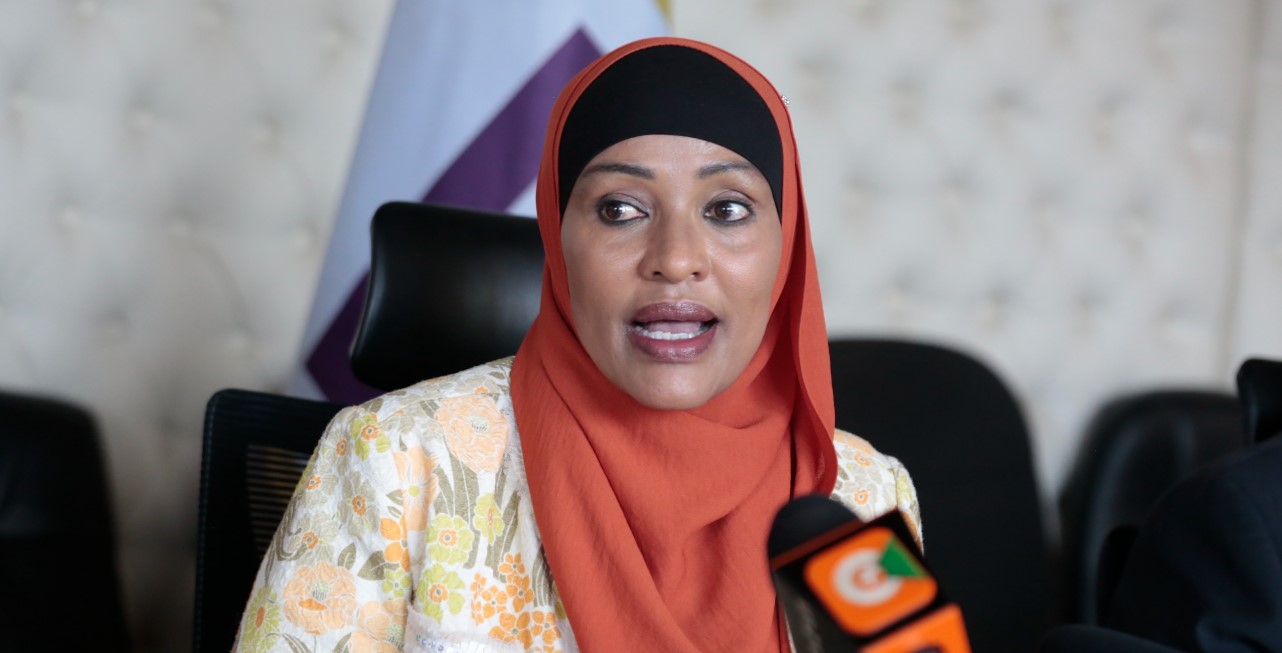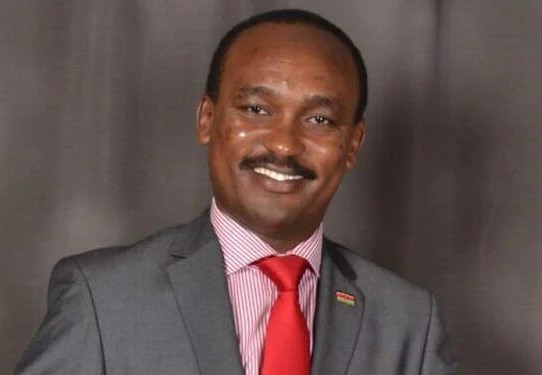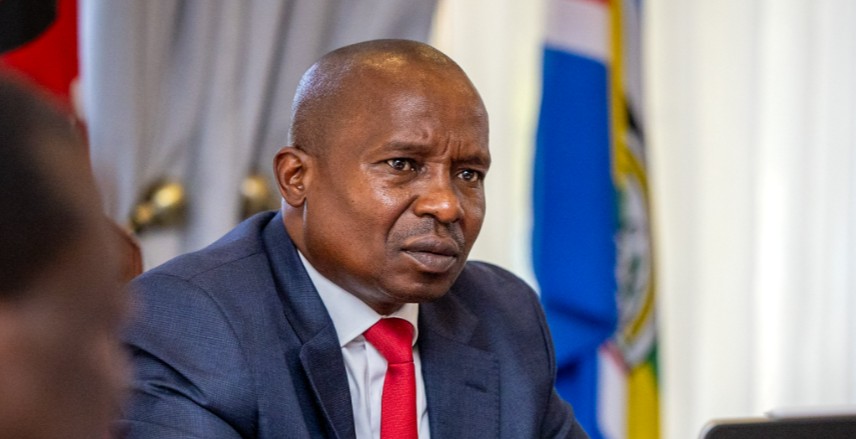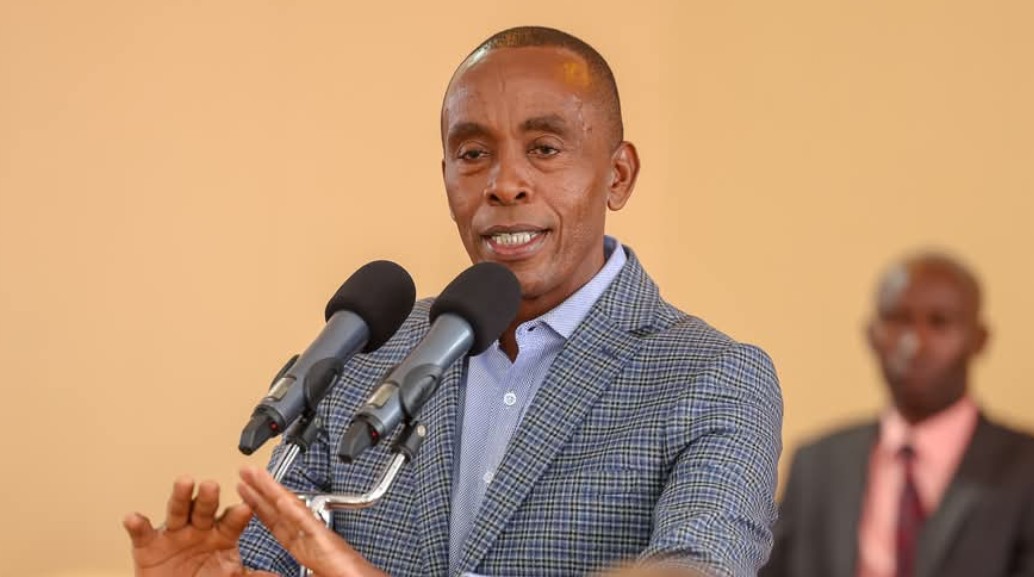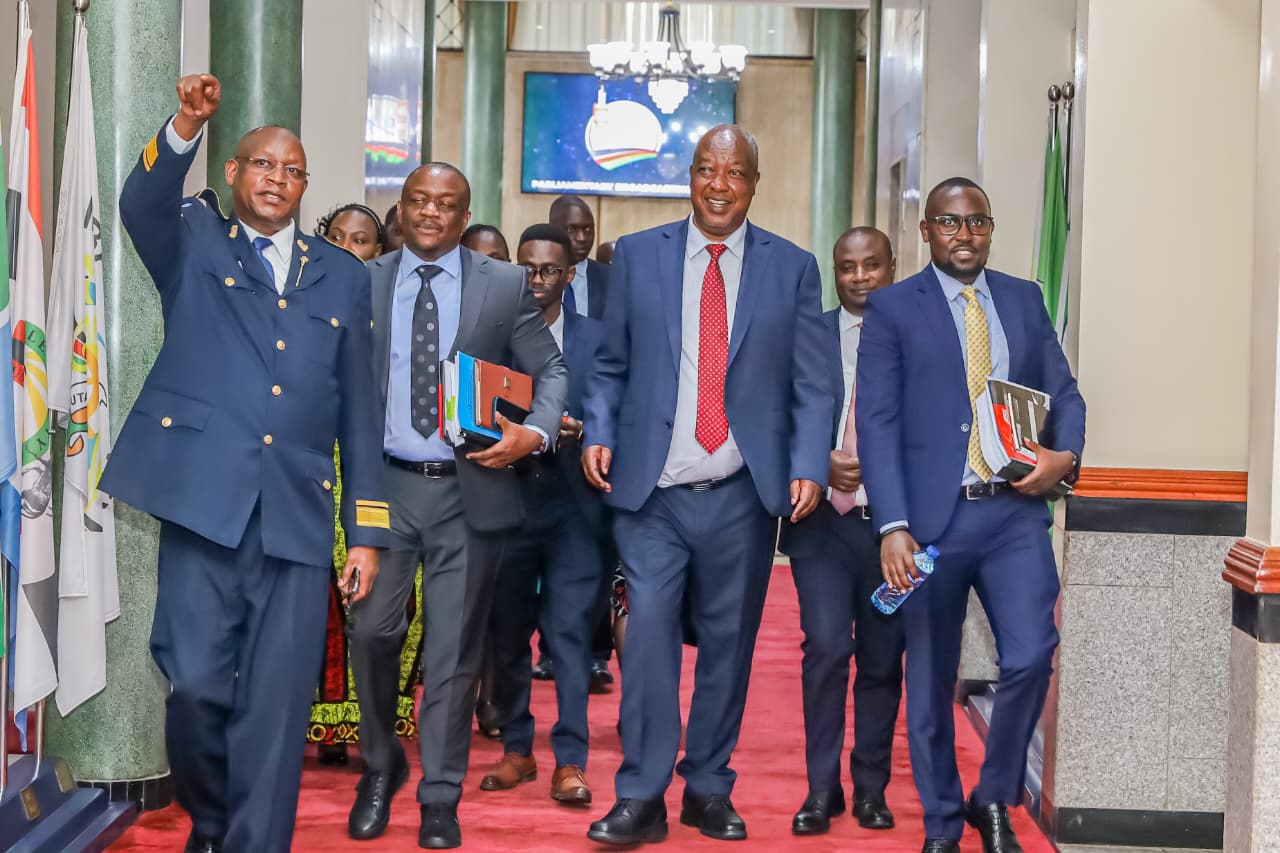It's Trump vs. the press, again, with new threat to BBC
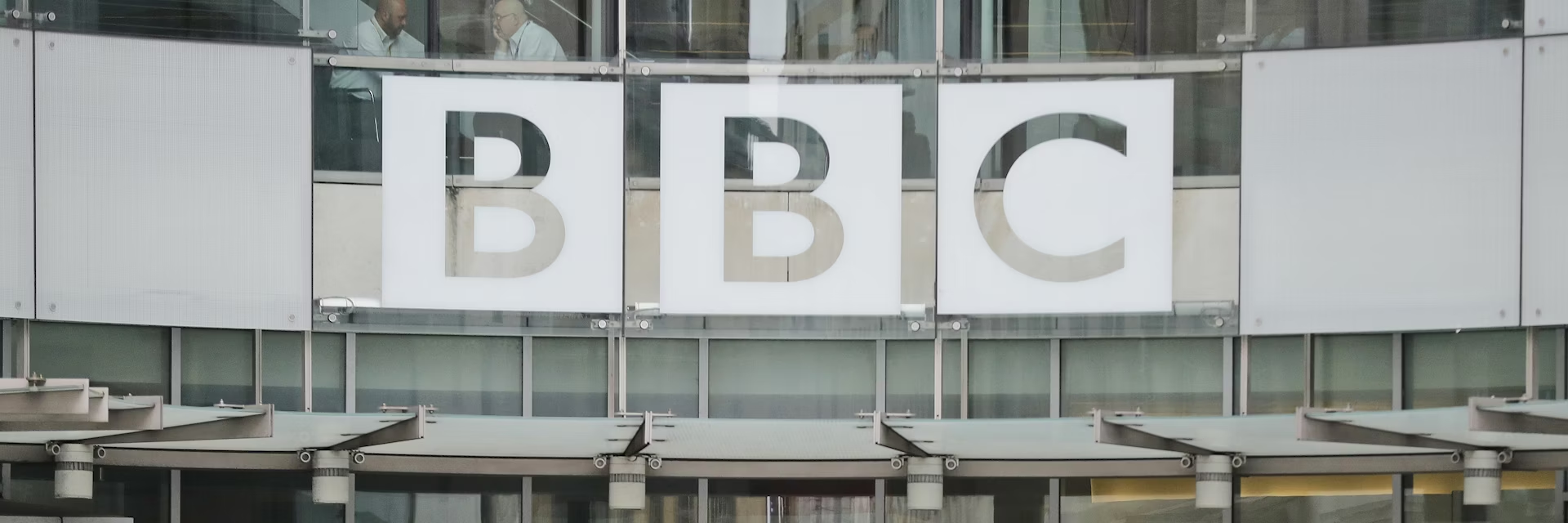
Donald Trump is poised to again sue a major news organization — this time the BBC — following the publication of a leaked internal memo raising concerns of bias in its programming.
The president of the United States could take Britain's national broadcaster to court amid a debate over editorial decisions at the BBC that has led to the resignation of two of its most senior executives.
The contents of a memo sent to a BBC internal editorial standards committee by Michael Prescott, a former external adviser, were published by the Daily Telegraph newspaper between November 3-6.
More To Read
- Trump administration halts immigration applications for migrants from 19 nations
- ‘Decisive action’ needed to end Israel-Palestine stalemate, UN warns
- Palestinian police to be trained in Egypt as Gaza rebuilds security forces
- Iran boycotts 2026 World Cup draw after US denies visas to delegation
- Ramaphosa hits back after Trump says South Africa won’t be invited to 2026 G20 summit
- Amputee footballers reclaim hope amid Gaza’s ruins
It raised concerns about the BBC's coverage of immigration, racism, historical content, transgender issues and BBC Arabic's coverage of the Gaza war.
It also highlighted issues with an episode of the BBC's flagship current affairs programme, "Panorama."
Prescott cited problems with the show's depiction of Donald Trump's speech to supporters in Washington, DC, on January 6, 2021, as the US Congress prepared to certify the election victory of Joe Biden. Following that speech, the crowd marched to the US Capitol building, with a violent riot ensuing.
Screened a week before the 2024 presidential election, Prescott raised concerns about the way the episode fused two separate clips together to give the impression that Trump incited the crowd's actions on January 6. In reality, the clips took place almost an hour apart. The omitted period included a moment where Trump called for a peaceful march to the Capitol building.
A high-profile fallout
On Sunday, the BBC's director-general Tim Davie and head of news and current affairs Deborah Turness resigned from their positions. Both have dismissed suggestions of systemic bias at the broadcaster.
In a letter to MPs, the broadcaster's chair, Samir Shah, said the BBC accepted "that the way the speech was edited did give the impression of a direct call for violent action" and apologised "for that error of judgment."
A lawyer for Trump has now called on the BBC to apologise, retract the documentary and "appropriately compensate President Trump for the harm caused" by Friday, November 14, 2025, or face a $1 billion (€863 million) lawsuit.
Media observers have said the memo's criticisms of the "Panorama" edit are reasonable, but they are concerned about wider attacks on the BBC's record of impartiality.
"It certainly was a mistake," said Mel Bunce, director of the Centre for Journalism and Democracy at City St. George's University, UK. "My far greater concern is the attacks on the BBC that are resulting from this."
Similarly, Dafydd Townley, a political historian at Portsmouth University and chair of the UK American Politics Group, said the possibility of legal action against the broadcaster could "severely impinge the BBC's reputation in the US, but also its ability to report and gain extensive reach in the US."
The BBC has ranked in the top three of 52 news sources in the United States in YouGov's annual trust in media poll since 2022.
The fallout has continued to raise questions about the broadcaster, particularly ahead of a scheduled UK government review. The BBC is publicly funded by a license fee paid by households with televisions or those who use streaming services. However, its decision-making is independent of the government.
Other Topics To Read
Timeline: Trump vs. the press
It is not the first time Donald Trump has been willing to take legal action against media organisations. His most recent activities have seen some of the most prominent American media companies sued for millions or billions of dollars. These have included CNN, ABC (US) and CBS and the owners of major newspapers such as The New York Times and Wall Street Journal. Trump has also sued journalists attached to reporting on the president.
Recent cases brought by Trump against other large media companies include:
CNN
Donald Trump filed against CNN in October 2022 for $475 million. A chief allegation in the filing was that CNN's use of the phrase "the Big Lie" to describe Trump's claims that the 2020 election was stolen from him associated him with Adolf Hitler. A US federal judge dismissed the case in July 2023, saying the statements made on CNN "while repugnant, were not, as a matter of law, defamatory."
ABC News (Disney)
In December 2024, ABC News agreed to pay $15 million toward a foundation for Trump's presidential library after it settled a lawsuit with the president. Trump brought a defamation lawsuit against ABC after its news anchor, George Stephanopoulos, inaccurately described the verdicts of New York writer E. Jean Carroll's civil case against the president on-air.
CBS
In July 2025, Paramount Global, which owns the broadcaster CBS, agreed to settle a $20 billion lawsuit brought against it. Trump had sued CBS for the way it edited an interview with his presidential election rival Kamala Harris for an episode of its flagship current affairs program, 60 Minutes.
Wall Street Journal
In July 2025, Donald Trump sued the Wall Street Journal and its owners, including Rupert Murdoch, for at least $10 billion for publishing a story that quoted a 2003 letter it said was signed by him and written to convicted sex offender Jeffrey Epstein. The Journal and its owners have defended the reporting publicly and have said they will contest the lawsuit.
New York Times
In October 2025, Trump refiled a $15 billion lawsuit brought by Trump against The New York Times and three of its journalists. The original filing was tossed by District Court Judge Steven Merryday in September. The Times, two of its reporters and the book publisher Penguin Random House named as defendants.
'This couldn’t come at a worse time'
With a November 14 deadline, it is unclear how the president's latest legal threats against the BBC will unfold, particularly as the "Panorama" episode was not screened or available in the US.
But combined with non-legal actions, such as removing the Associated Press from the White House press gallery or issuing orders to scrap funding for public broadcasters PBS and NPR, Voice of America and Radio Free Europe, the threat of litigation continues a trend of actions by the president against legacy media organisations.
In May 2025, Reporters Without Borders said Trump's second term in office had "led to an alarming deterioration in press freedom."
Editorial standards, freedom of the press, and the way public and private media organisations are able to report on government activities and politicians are issues that continue to come under strain. Townley said long-established media houses have been less able to perform their traditional role.
"We have to have, not just concerns about editorial processes within the BBC, but also about executive branch attitudes towards press," said Townley.
"It is just an indication of that relationship between the fourth estate [the press] and the executive branch is under extreme pressure at the moment."
"That's a big concern for many in the US, and who is going to hold the executive branch and the federal government to account in the way that the mainstream media should be doing?"
Regardless of whether Trump takes action against the BBC, concerns persist over how this current challenge to the broadcaster will impact ongoing discussions around its role in Britain and abroad.
Bunce points out that the BBC is responsible for major non-news cultural outputs and also provides independent media services to regions around the world through the BBC World Service, an equivalent entity to DW.
"The main concern here is that this will feed into political arguments that will influence the funding decisions, that the BBC might get defunded, not just its news organisations but also its high-quality cultural industries."
"This couldn't come at a worse time, these questions about its editorial integrity."
Top Stories Today
